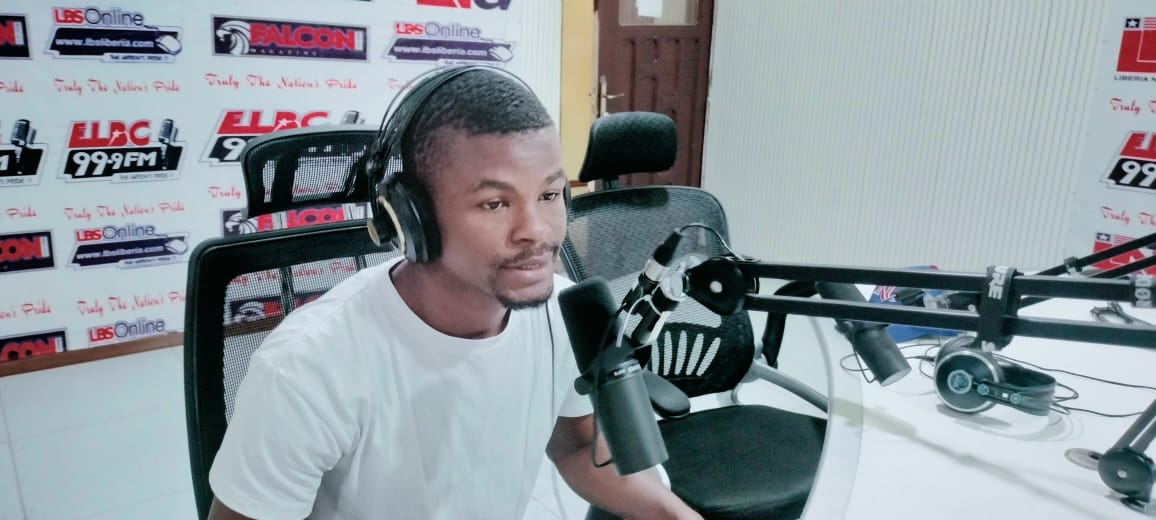Monrovia Liberia, Sunday, February 18, 2024 – Traditional and cultural practices have long played an important role in Liberian society and continue to permeate many aspects of life in the country. Cultural societies such as the Sande (for women) and Poro (for men) form an important part of that society. They have historically provided training for young adults in the absence of formal educational structures and have been held in high esteem by certain portion of the population and regions where the practice is common place. Practitioners believe these bush schools are transmitting values and skills from one generation to the next.
However, research has shown that some traditional and cultural practices common to many Liberian ethnic communities have a significant negative impact on the enjoyment of fundamental human rights. These include forceful circumcision of boys and girls (through female genital mutilation – FGM). These practices have particularly affected certain groups, such as women, children, elderly persons, persons with disabilities, as well as the poorest Liberians.
In the case of 24-year-old Abdullah Bayo, it has been a nightmare for him. He cannot go back home in Bong because influential members of his family want him initiated and have since threatened his life for his continuous refusal to join.
The Poro Society in Liberia or secretive traditional rite-of-passage ceremonies see boys aged between 10 and 17 spending up to six months in seclusion in the bush, thus missing out on school and other things that are important to their growth.
Bayo is afraid of the gruesome cutting and the associated pains, as there is no formal medical treatment. Besides, he believes it could have far-reaching consequences on his schooling and personal growth and development.
During their initiation, Poro members take an oath not to reveal anything about what has taken place in the bush. They are forbidden from disclosing the practices of the secret society, at they risk of facing supernatural or physical sanctions. Those sanctions can even include death. These are among several reasons Adullah Bayo has been running from his family. He believes, he can’t stay quiet if he’s forced into something, he does not want to be part of.
In addition, Bayo has pointed to the health implications involved as the procedures takes place under non- sanitized conditions. On top of the reported discomfort from the raw circumcision, the cutting instruments are passed on from one person to another, prompting the risk of HIV and other infections.
The rite of passage is intended to be a test of endurance. Bayo’s friends in Bong County are often put up with pain and difficult living conditions – for example they reportedly sleep on the bare ground with no blankets – to prove their move from boyhood to manhood.
In December 2015, the United Nations Mission in Liberia, and the UN Human Rights Office (UNMIL/OHCHR) recommend that the Government of Liberia take further steps, including targeted legal, educational and policy measures, to eliminate traditional and cultural practices that violate human rights standards, and to put an end to the culture of impunity surrounding these abuses and violations, as well as guarantee non-recurrence.
In recent times, the UN and local partners have provided alternative livelihood opportunities for bush school dependent practitioners in a bid to curtail, if not eradicate the practice. Some of the 11 counties where the Poro society is practiced, have since 2023 come up with some declarations of ban on the practice. But in actual sense, the practice is continuing unabated. The 11 Counties where the poro is practiced include, Bong, Lofa, Margibi, Grand Cape Mount, Nimba, Gbarpolu, Bomi and Rivercess.
Bayo thinks, matters could be worse if those forcing him to join find out that he has opened up and spoken to the media about his situation. This is because speaking out about this practice is a taboo and the sanctions are heavily supernatural and physical which could lead to death.
He feared he might be tempted to leave the country and go somewhere where he will find peace. When asked as the where he is considering to go, Bayo refused to disclose due to safety reasons.
Bush school leaders are so powerful that they are the ones who often control the leadership of in local government areas. Turning down the chance to be initiated is often considered an insult and traditional bush school leaders cannot stand the sight of people who refuse to join, walking scat free in the communities.

